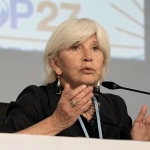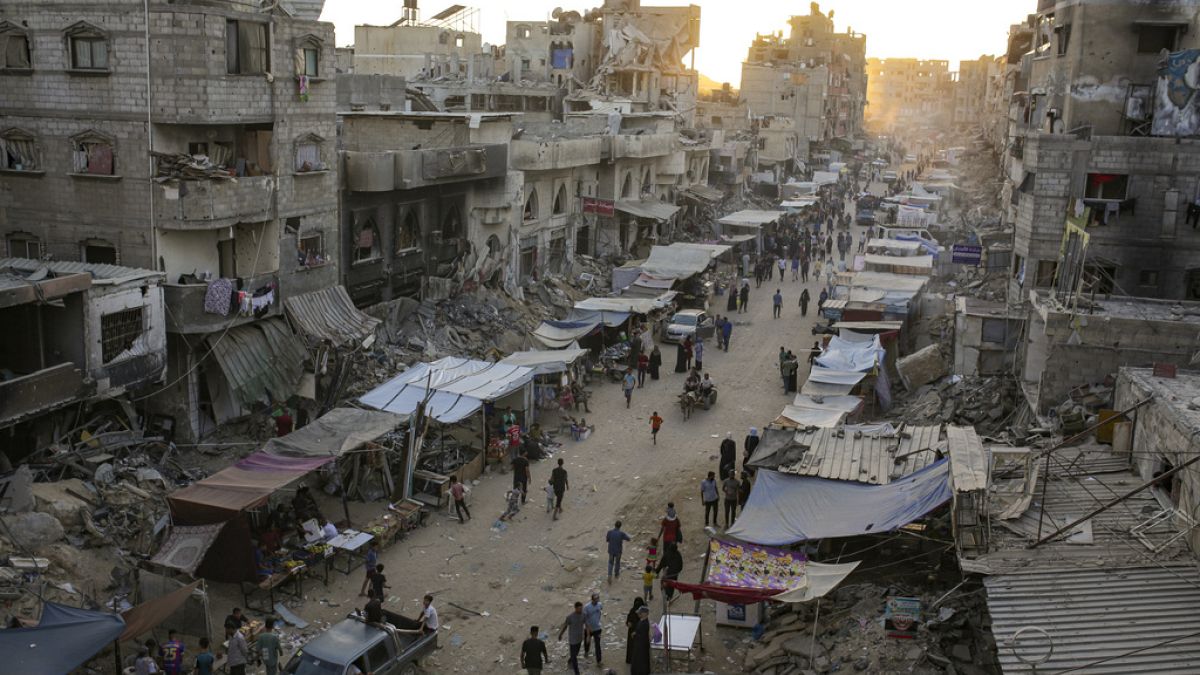The recent release of at least 55 Palestinians detained in Gaza by Israeli authorities has sparked controversy regarding the treatment of detainees. Mohammed Abu Selmia, the director of Gaza’s main hospital, was among those released following a raid by Israeli forces in November. In comments aired by Palestinian media after his release, Abu Selmia accused Israeli authorities of subjecting Palestinian detainees to daily physical and psychological humiliation. However, Israeli authorities have denied these allegations, stating that militant groups use hospitals for military purposes, which endangers civilians. The ongoing conflict between Israel and Palestine has resulted in sporadic rocket attacks from Gaza, with militants regrouping in heavily damaged areas of the territory.
The situation in Gaza remains volatile, with the Israeli military reporting around 20 projectiles fired from Gaza at communities near the border. Despite no immediate reports of casualties or damage, the ongoing conflict has led to the displacement of tens of thousands of people in northern Gaza. The war, which began after Hamas launched an attack in southern Israel, has resulted in significant loss of life and destruction in Gaza. While the Israeli military states that its actions are in response to security threats posed by militants, the United Nations has raised concerns about the humanitarian crisis in Gaza, with a “plausible risk of genocide” identified by the top UN court.
The release of Palestinian detainees and the ongoing conflict between Israel and Palestine highlight the deep-rooted issues that continue to fuel tensions in the region. The mistreatment of detainees, allegations of human rights abuses, and the devastating impact of the conflict on civilians underscore the urgent need for a peaceful resolution. Both Israeli and Palestinian authorities must prioritize dialogue and diplomacy to address the underlying causes of the conflict and work towards a sustainable peace. International pressure and support are crucial in holding both parties accountable for their actions and ensuring the protection of civilians in the region.
As the conflict in Gaza persists, the humanitarian situation continues to deteriorate, with basic goods and services becoming increasingly scarce. The reliance on aid in Gaza highlights the urgent need for international support to address the growing humanitarian crisis. The international community must work together to provide assistance to civilians affected by the conflict and support efforts to rebuild Gaza’s infrastructure and economy. In addition to humanitarian aid, diplomatic efforts must be intensified to secure a lasting ceasefire and create a pathway towards a just and sustainable peace for both Israelis and Palestinians.
Despite the challenges and complexities of the Israeli-Palestinian conflict, there is hope for a peaceful resolution through dialogue, negotiation, and international cooperation. Both parties must be willing to engage in meaningful discussions, compromise on key issues, and work towards a shared vision of peace and security for all. The release of Palestinian detainees and the ongoing violence in Gaza serve as a stark reminder of the urgent need for a comprehensive and inclusive peace process that addresses the root causes of the conflict. By working together towards a just and lasting peace, Israelis and Palestinians can build a better future for themselves and future generations, free from the cycles of violence and suffering that have plagued the region for far too long.











